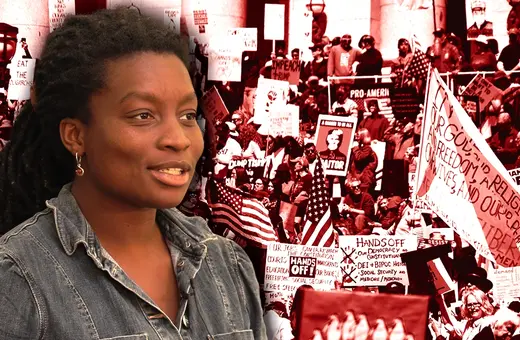Most of us, most of the time, have the sense that we are connected to the real. The immediate world around us, the objects and people, the buildings and the natural world seem unquestionably present. Not only in the sense that we are experiencing them but in the sense that they exist independently of us out there in the real world.
Some, we imagine slightly crazed, philosophers may have doubted the existence of those objects and the real world and proposed that it is all a dream and a product of our subjective imagination. We feel we know better. Aside from moments of mental instability or those who have taken rather too many psychoactive substances, we have an abiding sense that the world we experience is for the most part only too real.
___
"Philosophical Realism is a mistake that limits our ability to intervene successfully in the world and encourages division and conflict."
___
This notion of reality is so close to us and so central to our culture that it is hard for us to imagine how it could be otherwise. It has not always been so. Our confidence in our access to the real is no doubt in part a product of the success of the Enlightenment and the remarkable achievements of science over the last three hundred and fifty years. Philosophical realism - the idea that such an independent reality can be described by us - has within academic philosophy been supported by many in the analytic school. I have argued however that it is a mistake. A mistake that limits our ability to intervene successfully in the world and encourages division and conflict.
The idea of a reality that we can uncover through precise observation and reason is at the heart of the Enlightenment and enabled its advocates to champion human capacity over the authority of the word of God. As children of the Enlightenment we are taught the story of Galileo with the metaphysical moral that by peering through his telescope he was able to observe the reality of the Jupiter’s moons and challenge the power and authority of the Church. Reality though turns out itself to be theological notion. For the real, like God, is not in the end observable. Nor can we give an account of how our theories are able to reach through our experience and our particular context to describe an independent reality that we can identify as the ultimate character of the world. Realists often imagine that they are the ones with their feet on the ground. The ones without attachments to strange metaphysical frameworks. Yet realism involves the presumption of something that accounts for all there is, supports our theories, is found everywhere, but is inaccessible and indescribable. Such descriptions are strangely similar to those that have been used by monotheists to describe their god. For a simple reason. ‘The real’ is the god of the Enlightenment.
___
"Reality turns out itself to be theological notion.For the real, like God, is not in the end observable."
___















Join the conversation